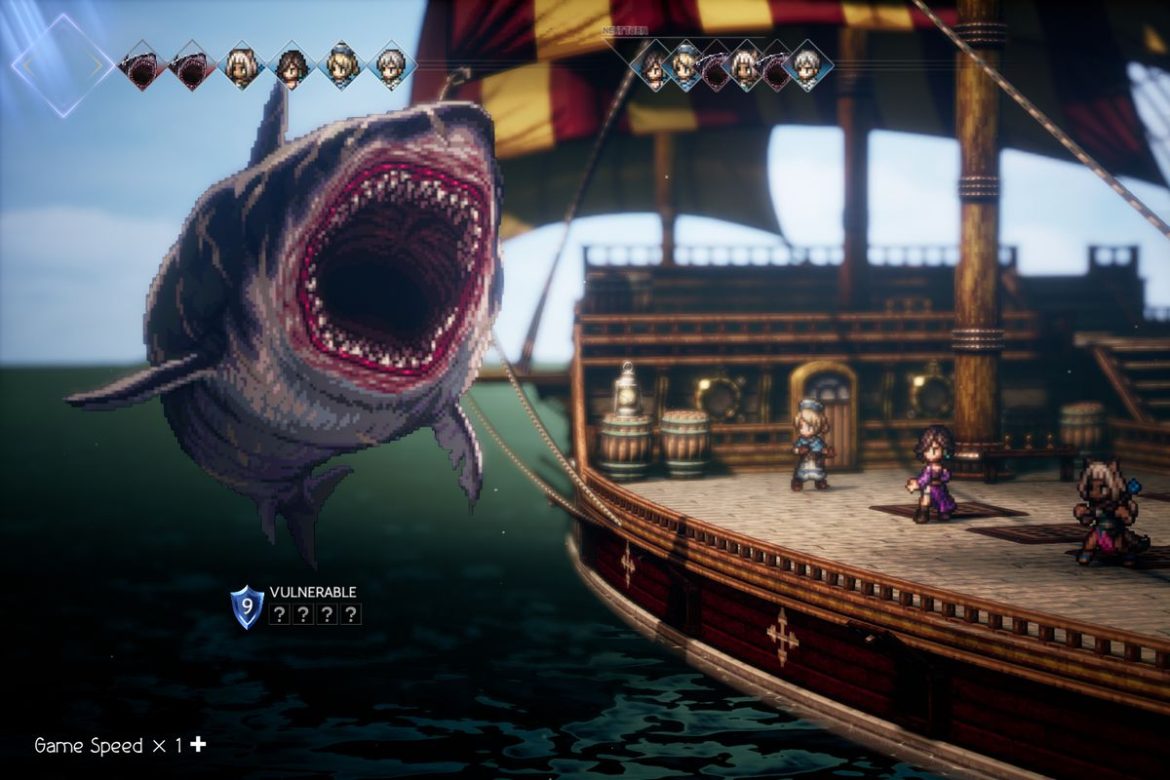Welcome back readers.
While we’re running a slightly smaller issue this week, we’ve still got seven polished and provocative selections for you to dig into. Let’s get right into it.
This Week in Videogame Blogging is a roundup highlighting the most important critical writing on games from the past seven days.
Box Offices and Block Busters
This week we’re opening with a pair of adaptation-focused pieces, with the Mario Movie newly released and The Last of Us TV series still fresh in memory.
- The 1993 Super Mario Bros. had the guts that the new Mario movie lacks | Polygon
Maddy Myers re-evaluates the chaotic, critically ambitious 1993 film. - The Last of Us on HBO | Unwinnable
Amanda Hudgins unpacks the narrative of–and the narrative around–The Last of Us‘s narrative, as its weaknesses are passed down and exacerbated from game to show.
“What specifically though, is the problem with TLOU? Time is not kind to narratives, especially in an emergent media like video games, and a decade does not show The Last of Us in the best possible light. If anything, it’s interesting to watch the narrative failures of the game be expanded on and twisted into a piece of prestige television.”
Not Forgotten
This next section is dedicated to underappreciated, under-released, and unreleased games, situated in their original production contexts to reveal new insights for players and designers today.
- Dandy: Zeuon no Fukkatsu | Ephemeral Enigmas
Ephemeral Enigmas plays a condensed, streamlined, and mostly-forgotten Hydlide-like (a. . . Hydlike?) that could hit just right for a certain kind of player. - Wuzzo Goes on Holiday | CD-ROM Journal
Misty De Méo excavates an absolute gem of an interactive storybook on the CD-i that just barely missed out on release.
“To children, though, Wuzzo is something much rarer: an adult who needs their help. Many children love to help adults and get involved in adult life, but at the same time children are keenly aware they’re not really needed; the cake will get baked regardless of whether the child is there to stir the batter or not. As much as children might delight in besting their parents in kid-focused tasks like playing video games, they’re aware that in the adult domain it’s still adults who know all the rules. Wuzzo, though, is a hapless adult who absolutely can’t get anything done by himself. There’s no way he’ll make it on this vacation without help, so it is genuinely up to the children playing to guide him through this slice of life.”
Twisting Tropes
Games like any creative medium have accumulated (and inherited) a robust wheelhouse of narrative and thematic tropes, and some are showing their age. These next two selections are dedicated to unravelling a couple of these tropes.
- Terraforming Mars | Hailing From The Edge
Zach Alexander moves past the what of Martian colonization in games to prod at the why (Curator’s Note: Zach is a Critical Distance Board Member). - A Space for the Unbound’s Triumphant Last Act Depicts Mental Health Issues with Care | Uppercut
Elijah Gonzalez documents how A Space for the Unbound sidesteps the tropey trappings of “it was all a dream”-type storytelling to treat its protagonist with dignity and care.
“While this narrative doesn’t shy away from depicting her pain, there is tremendous kindness in how it asserts that things can get better, and through evocative imagery, nuanced characterization, and well-considered mechanics, its message comes across as more than just a rote platitude.”
Critical Chaser
This week we’ll close out with a meditation on portable play.
- Moving Sitting Still | Unwinnable
Jay Castello reflects on pacing, momentum, journey versus destination, and the cirumstances of play via Octopath Traveller 2.
“Maybe it’s because it’s a game about movement. Skipping between the individual characters’ stories requires continent-hopping, back and forth over and over across the map. It’s not especially cohesive, but the constant shifting between locations lends the game an ongoing momentum.”
Subscribe
Critical Distance is community-supported. Our readers support us from as little as one dollar a month. Would you consider joining them?
Contribute
Have you read, seen, heard or otherwise experienced something new that made you think about games differently? Send it in!


